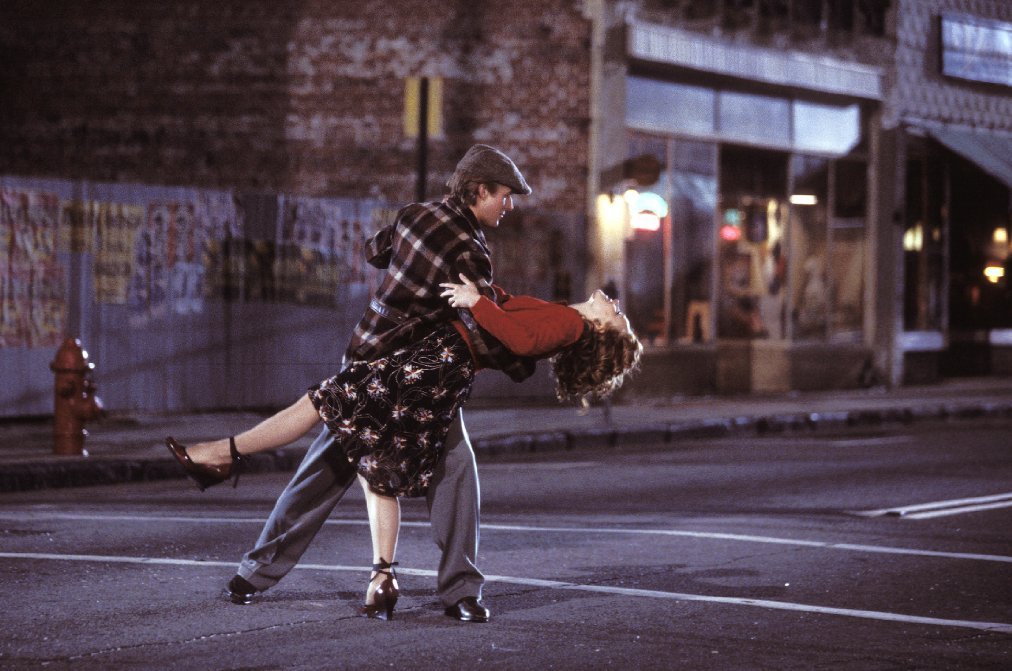Few films capture the essence of love in all its raw beauty and pain as profoundly as The Notebook. Directed by Nick Cassavetes and based on Nicholas Sparks’ bestselling novel of the same name, this 2004 romantic drama continues to be a touchstone for fans of heartfelt storytelling. Whether you’re a die-hard romantic or a skeptic of love’s power, the movie invites reflection on relationships, the fragility of memory, and the enduring nature of true affection.
A Story for the Ages
At its heart, The Notebook is a tale of star-crossed lovers whose bond defies societal expectations, time, and even the cruel grasp of Alzheimer’s disease. The story unfolds in two timelines: the past, where the young Allie Hamilton (Rachel McAdams) and Noah Calhoun (Ryan Gosling) fall madly in love during one magical summer, and the present, where an elderly Noah (James Garner) reads their story to Allie (Gena Rowlands), who now suffers from memory loss. The dual timelines weave together to create a narrative that is both poignant and deeply emotional.
The Romance That Defined a Generation
Allie and Noah’s relationship is the quintessential portrayal of young, passionate love. Set in the 1940s, their romance is as much about rebellion as it is about connection. Allie, a wealthy Southern belle, and Noah, a working-class mill worker, meet by chance at a carnival. Their summer romance is an intoxicating whirlwind of stolen kisses, lakeside adventures, and moments of unfiltered vulnerability.
Yet, their love is not without obstacles. Class differences and societal expectations loom large over their relationship. Allie’s parents disapprove of Noah, deeming him unworthy of their daughter. Their disapproval leads to separation, but as we see throughout the movie, love has a way of persevering even in the face of insurmountable odds.
Performances That Breathe Life into the Story
Rachel McAdams and Ryan Gosling’s on-screen chemistry is nothing short of electric. Their portrayal of Allie and Noah is so authentic and heartfelt that it feels less like acting and more like watching two souls genuinely in love. McAdams captures Allie’s fiery spirit and inner conflict with finesse, while Gosling’s portrayal of Noah exudes sincerity, loyalty, and quiet strength. Together, they create a love story that feels timeless.
James Garner and Gena Rowlands, as the older versions of Noah and Allie, bring depth and gravitas to the narrative. Their scenes, particularly those in the nursing home, offer a stark yet tender contrast to the youthful passion of the past. Rowlands’ portrayal of Allie’s struggle with Alzheimer’s is both heart-wrenching and deeply moving, while Garner’s unwavering devotion to her is a testament to the resilience of love
Themes That Resonate
1.Love vs. Societal Expectations
One of the central themes of The Notebook is the tension between love and societal pressures. Allie’s parents epitomize the classism of the time, believing that Noah’s lack of wealth makes him unsuitable for their daughter. This conflict forces viewers to reflect on the societal constraints that often dictate personal choices, even in modern times.
2. The Power of Memory
The film’s portrayal of memory is both tragic and beautiful. As the older Allie battles Alzheimer’s, her memories of Noah become fragmented. Yet, Noah’s decision to stay by her side, reading their story over and over, underscores the idea that love is more than just shared experiences; it is a commitment to remember, to remind, and to hold on even when the other cannot.
3. Endurance of True Love
The most enduring message of The Notebook is that true love transcends time and circumstances. Whether it’s the fiery passion of young love or the quiet devotion of old age, the film suggests that love, in its purest form, is eternal.
Cinematic Brilliance
Beyond the story and performances, The Notebook is a visual treat. The lush landscapes of Seabrook, South Carolina, serve as a picturesque backdrop to Noah and Allie’s romance. From the iconic scene of the couple rowing through a lake surrounded by swans to the rain-soaked kiss that has become emblematic of romantic cinema, the film’s cinematography captures the magic and intensity of their love story.
The soundtrack, too, plays a crucial role in setting the tone. Aaron Zigman’s score, along with classic hits like “I’ll Be Seeing You” by Billie Holiday, evokes nostalgia and complements the film’s emotional arcs perfectly.
Criticisms and Legacy
While The Notebook has been widely celebrated, it has not been without its detractors. Some critics have labeled the film overly sentimental or formulaic, pointing to its reliance on romantic clichés. Others have questioned its portrayal of Alzheimer’s, arguing that it romanticizes a deeply painful condition.
Yet, despite these criticisms, the movie has left an indelible mark on popular culture. The phrase “If you’re a bird, I’m a bird” has become a shorthand for unconditional love, and the film continues to inspire countless proposals, weddings, and anniversary celebrations. Its ability to connect with audiences on an emotional level has solidified its status as a modern classic.
Why The Notebook Endures
So, what is it about The Notebook that makes it resonate with audiences two decades after its release? Perhaps it is its universality. At its core, the film is about the human desire to love and be loved, to find someone who sees us for who we truly are. It is about the joy of connection, the pain of loss, and the hope that love can conquer all.
The movie also serves as a reminder of the fragility of life and the importance of cherishing the moments we have with our loved ones. In an age where relationships are often fleeting and transactional, The Notebook stands as a testament to the beauty of commitment and perseverance.
Final Thoughts
The Notebook is more than just a love story; it is a celebration of the human spirit. It captures the highs and lows of life, the complexities of relationships, and the profound impact of love. Whether you watch it for the first time or the fiftieth, the film has a way of touching your heart and staying with you long after the credits roll.
As we revisit this timeless classic, we are reminded that love, in all its forms, is what makes life worth living. And in the words of Noah Calhoun, “It wasn’t over. It still isn’t over.”


